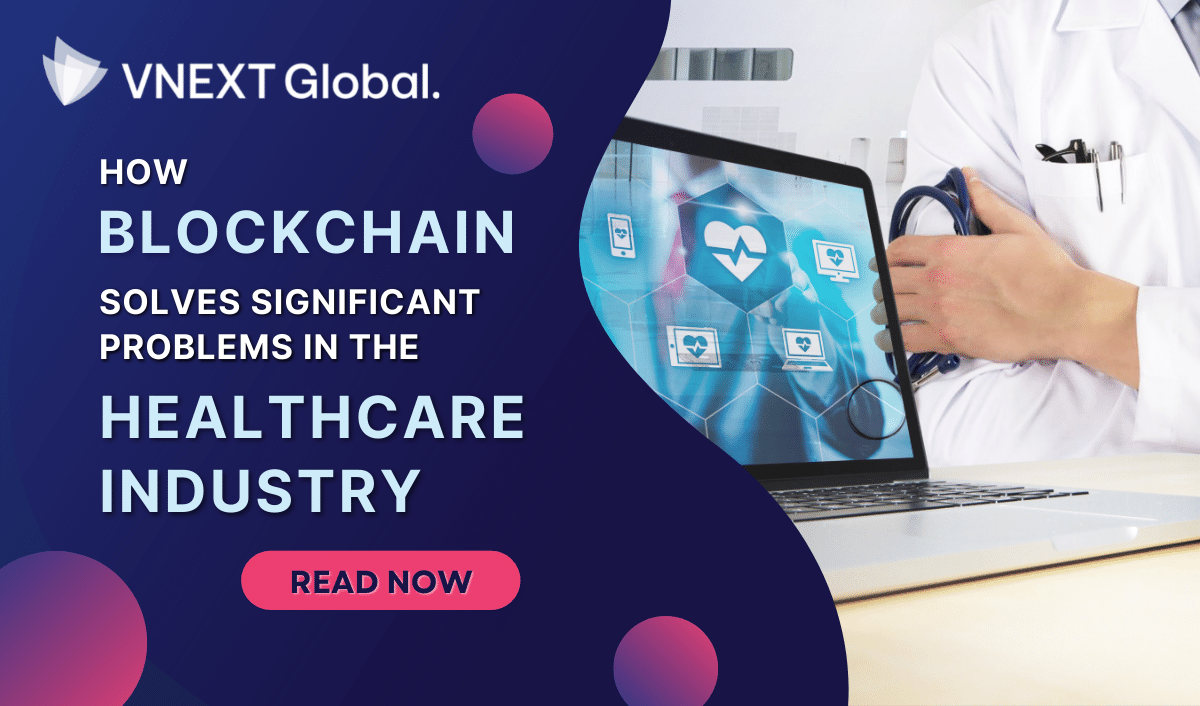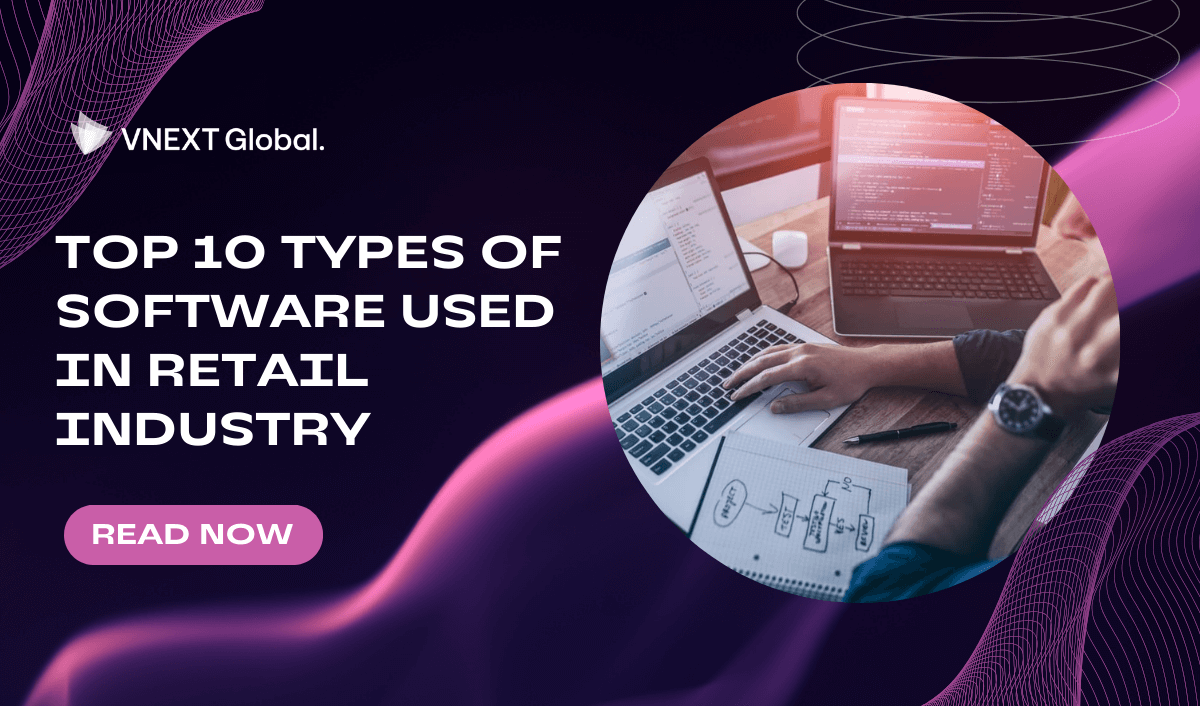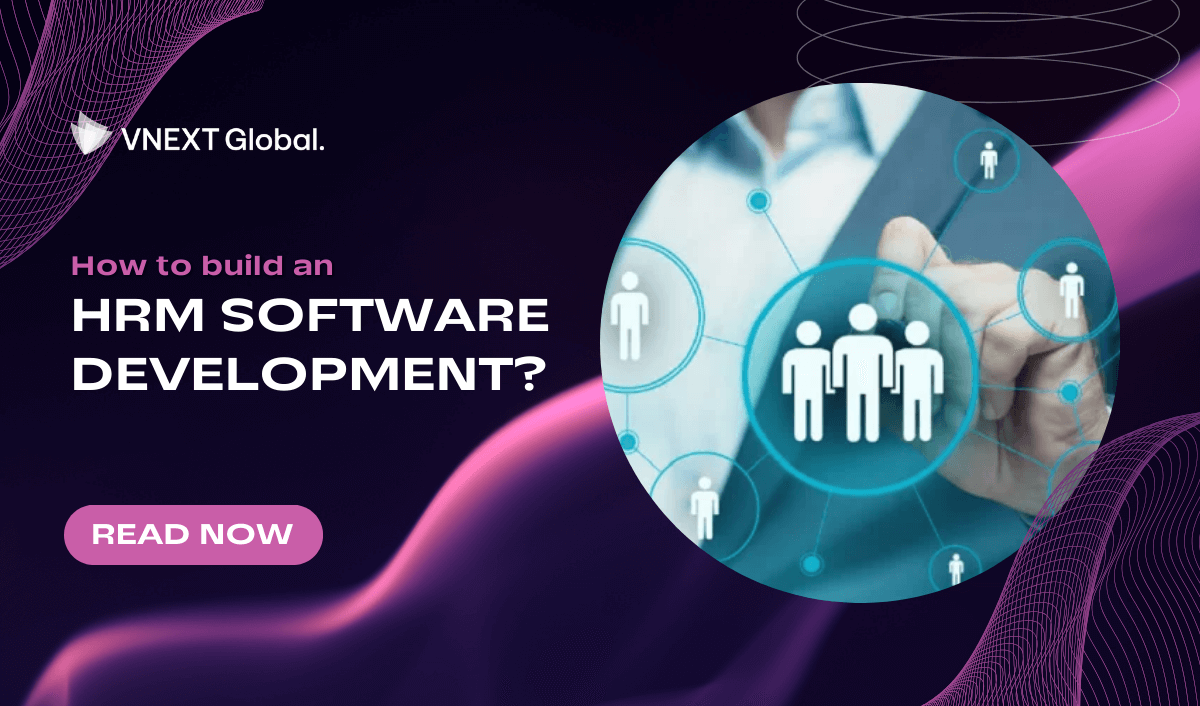For recent years, the need for healthcare services has been growing, and the healthcare industry has been expanding quickly. The healthcare sector gradually transitions to employing technology platforms for scheduling medical examinations, remote monitoring, and storing patient information. Due to the Covid-19 pandemic, the healthcare sector is currently experiencing a number of growing technologies, including blockchain-based electronic health records (EHR), telehealth, artificial intelligence (AI), 3D printing, and so on. In this article, VNEXT Global, a blockchain development company in Vietnam, will analyze blockchain as a viable technology that can address many issues facing the healthcare sector.
Significant challenges in the global healthcare industry
1. Ineffective information management
The capacity to access, exchange, integrate, and use data across healthcare organizations, regions, and countries as well as across various information systems, devices, and applications has been considered ineffective. This is currently one of the major problems facing the healthcare sector. For example, information blockage is a major issue of ineffective information management.
Information blockage can take several distinct forms. While individuals experience difficulties accessing or submitting their personal health records to another provider, doctors can observe information blockage while gaining patients' records from the systems of other healthcare organizations. Hospitals also make it challenging for patients to share medical information because they don't want their patients to switch to another healthcare facility. Patients do not have the right to control their own medical information, and hospitals have the power to change patient records without their knowledge. The lack of faith in healthcare systems is the result of information blockage.
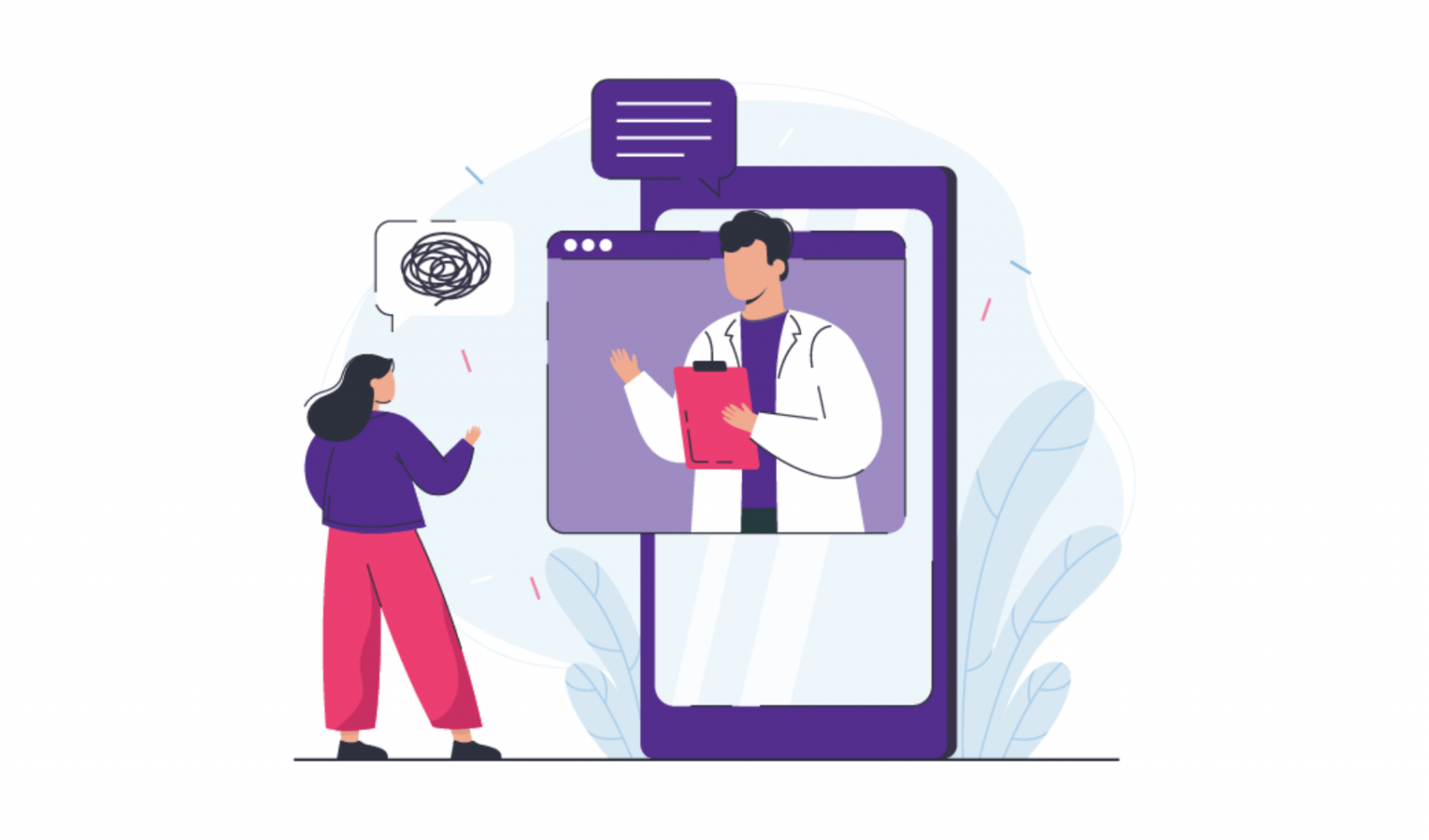
2. Drug counterfeiting control
The safety of patients is seriously threatened by counterfeit medication, which is also a top concern for pharmaceutical companies. The Center for Medical Economics and Innovation estimates that the yearly global pharmaceutical industry sales of counterfeit medications range from $200 billion to $421 billion.
False information, such as inaccurate labeling and packaging, inadequate, incorrect, and mistaken ingredient lists, and other things, can be found in counterfeit pharmaceuticals. Since fake medications include improper or insufficient ingredients, they either result in ineffective therapy or deteriorating conditions, which causes the disease to progress. For instance, using fake antibiotic medications that are deficient in components might lead to the development of resistant organisms and jeopardize the capacity to treat prevalent infectious diseases. The body consuming a large quantity of fake medications may experience drug overdose or underdose, which can cause immune system disorders.
A number of techniques have been used to stop the sale of fake pharmaceuticals, including holograms and barcodes. However, a drug tracing procedure must be widely adopted for pharmaceutical counterfeit control in order to fully solve the issue.
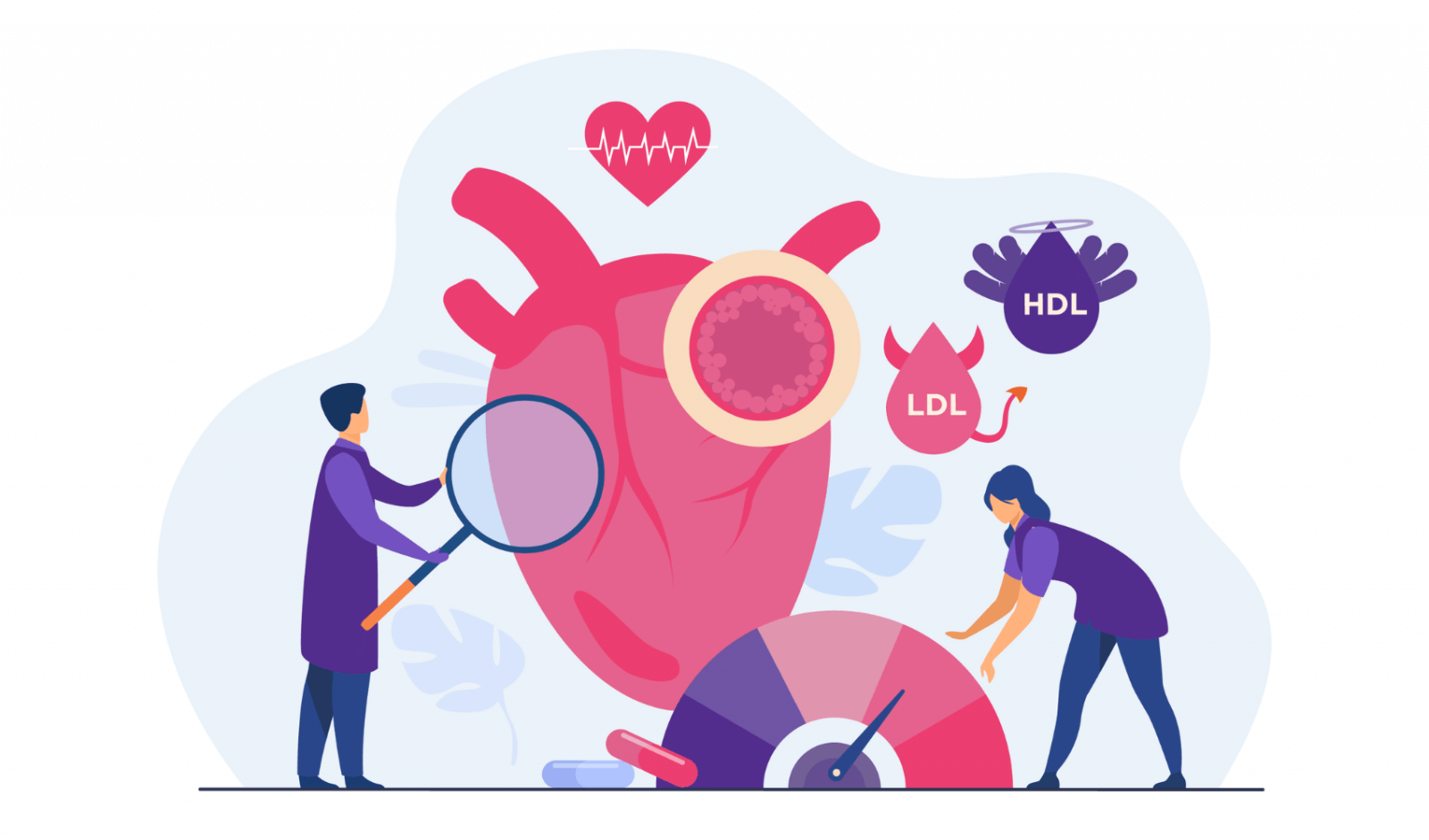
3. Data management in clinical trials
A new drug in a clinical trial is used to determine its efficacy, side effects, and effects on patients. Clinical trials currently face two issues: big data and security. Several procedures and pieces of information need to be documented when testing medications, including participant information, the response of patients using the drug under various conditions, etc. So it's crucial to have a system that can store a huge amount of data.
Both parties in a clinical trial process take trust and security into account. While data security and transparency are important to academics, the general public is more concerned with the validity of clinical trial results. The public's confidence in clinical trials has declined due to a lack of transparency, inadequate data sharing, research misconduct, and fraud. Additionally, third-party organizations are in charge of maintaining clinical trial data because the amount of data is so large. Because the right to store data does not belong to the owner of the research, there is a significant risk of data leakage or results changing.
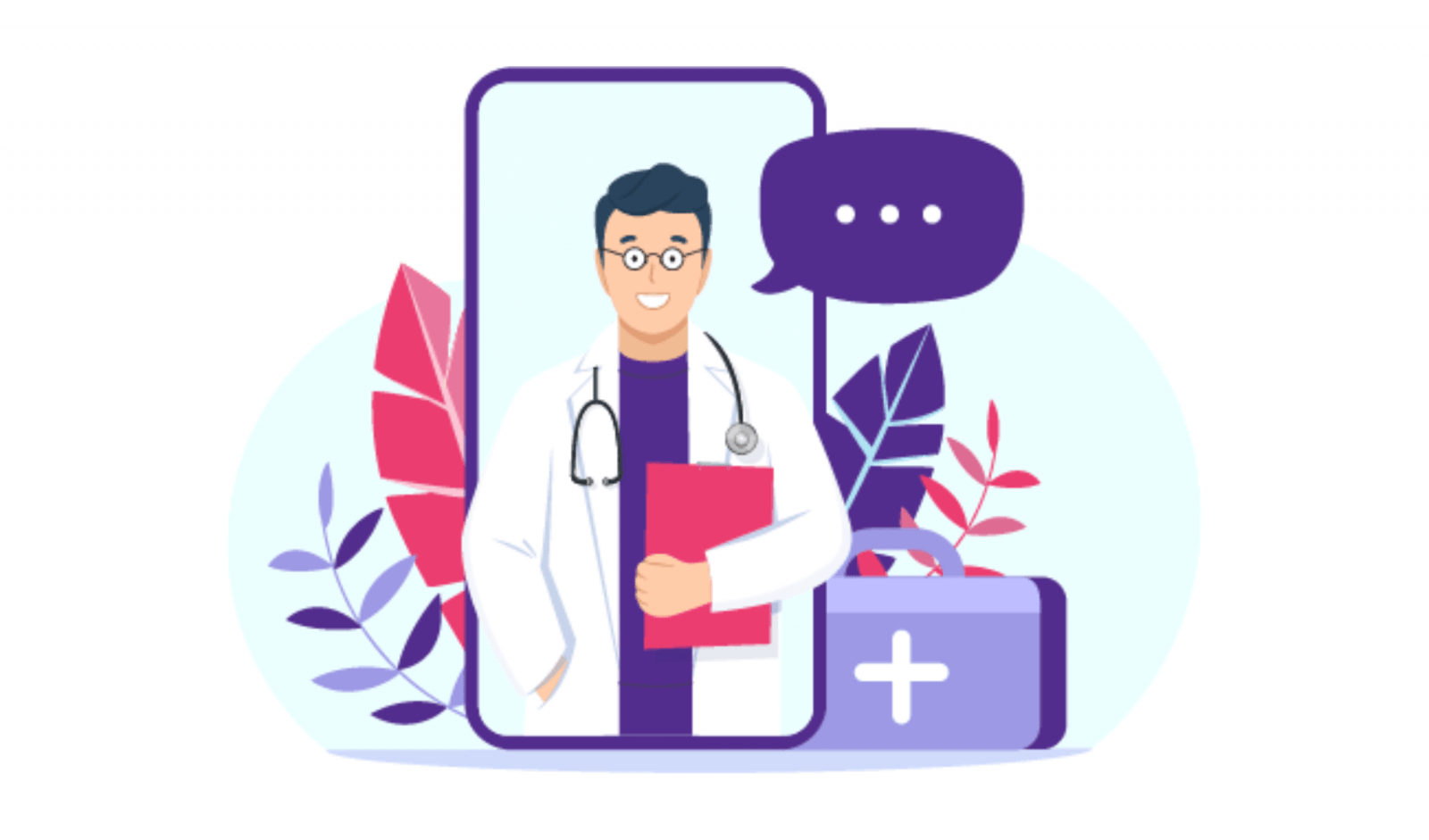
Significant blockchain in healthcare use cases
1. Identifying patients and sharing information using blockchain technology
A user only has one ID (identification) including an identity number, actual photo, address number, and phone number for registration. Additionally, only one ID, or hash ID, can be registered for each identity number in order to prevent anonymous users. That will facilitate the process of identifying patients using this software. Furthermore, issues with data sharing can be resolved by a blockchain-based platform that is irreversible, traceable, and able to exchange across parties. It gives patients more choice over who can access their medical information and how it is used.
Additionally, the sharing of medical data among hospitals aids in the correct diagnosis and improved understanding of patients' medical situations by clinicians. Therefore, Blockchain Technology Development Services have enhanced provider-patient contact, ensured the security and safety of patients' personal information, and allowed patients to share it with certain hospitals. Patients must consent in order for information to be updated or changed.
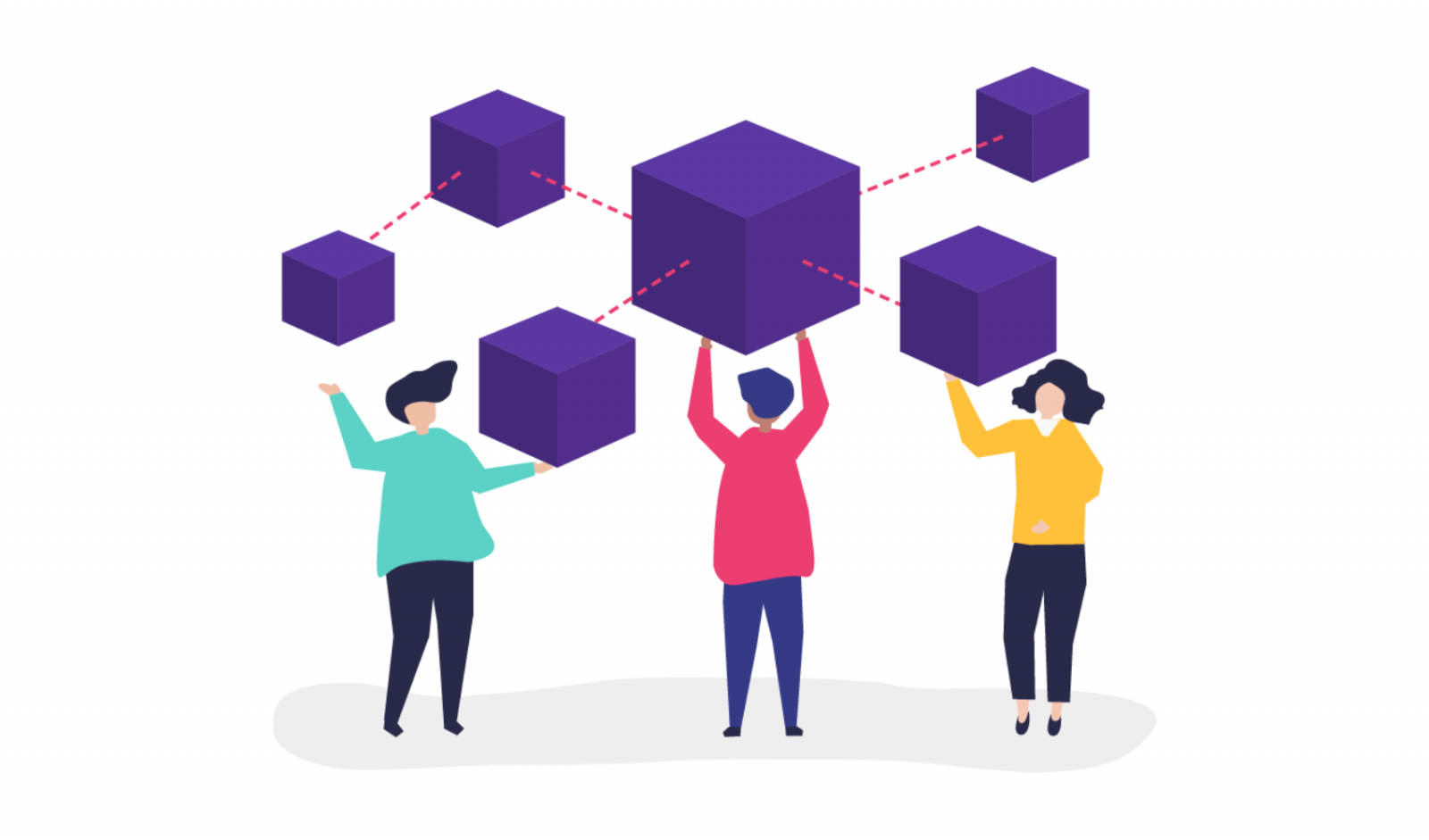
2. Tracing medicine originalities using blockchain technology
Integrating blockchain with applications for medication traceability offers a higher level of security. It is challenging to manage the tracing and tracking of drug processes since the pharmaceutical supply chain management involves a variety of stakeholders (suppliers, manufacturers, distributors, retailers, pharmacies, and patients) with diverse packaging, unpackaging, and repackaging procedures. Then, blockchain, which offers strict control, is an appropriate option to deal with fake pharmaceuticals. It guarantees that products can be monitored simply and that data won't be compromised. To validate the validity and traceability of medicines, however, pharmaceutical suppliers that register in the system must be reliable.
What application of blockchain exists in healthcare? Several blockchain-based medication traceability systems are currently in use. The change in the service architecture makes this system superior to the conventional one. In order to improve management, it divides service providers into three categories: CSPs (certificate service providers), QSPs (query service providers), and ASPs (anti-attack service providers).
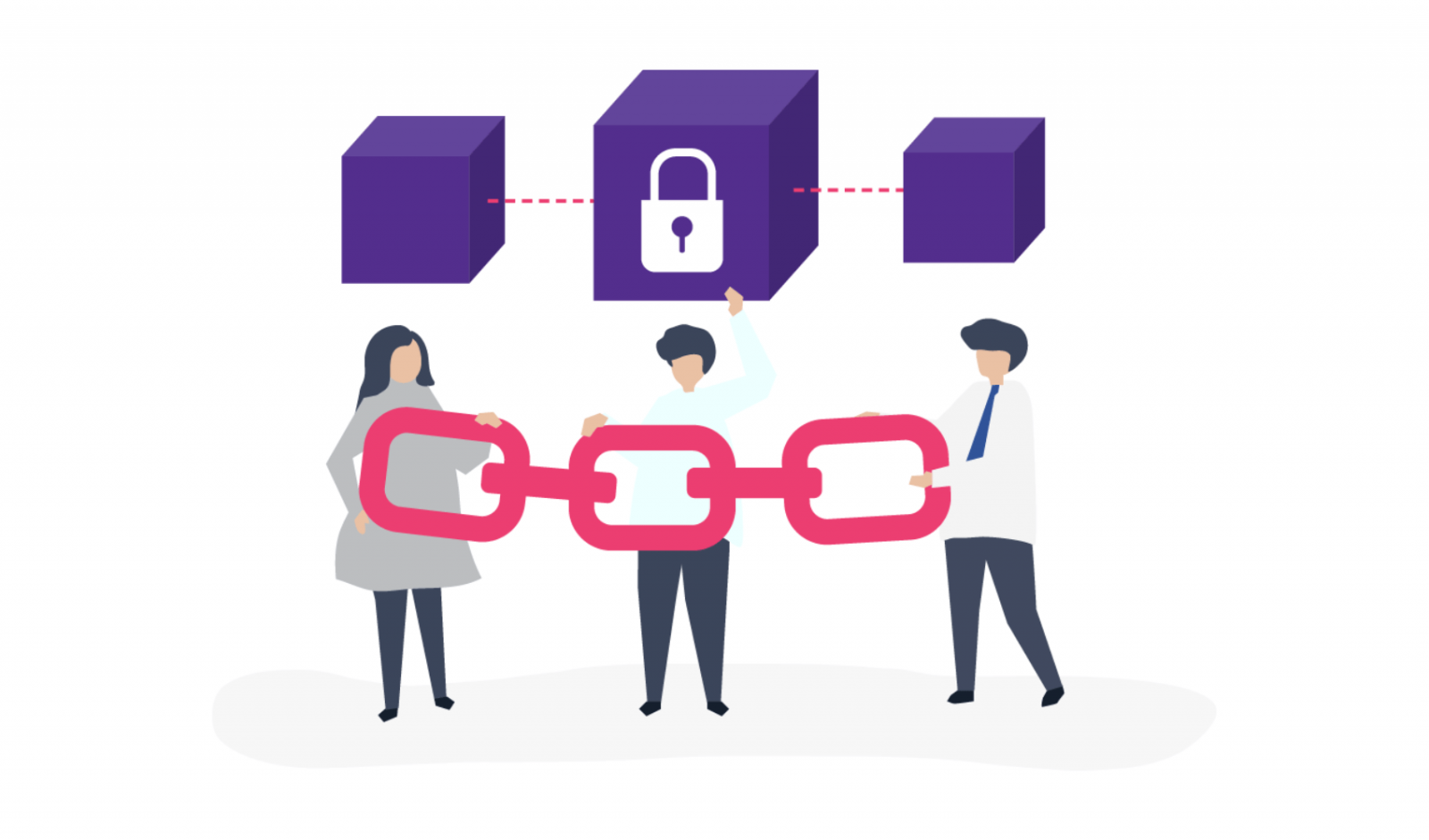
3. Clinical trials management using blockchain technology
By using blockchain technology, clinical-related issues can be resolved. Because of offering data integrity and authenticity verifications, blockchain is the ideal choice for clinical studies. A blockchain-based technology keeps data in a sizable distributed datastore, making sure that it cannot be changed without the proper permissions. Many pharmaceutical companies now only want to keep track of clinical trials' favorable outcomes, erasing data about participants' negative reactions in order to tamper with research data. The use of blockchain can then offer a fair system for documenting secure, unbiased, transparent clinical studies, whose outcomes cannot be changed without the consent of all stakeholders.
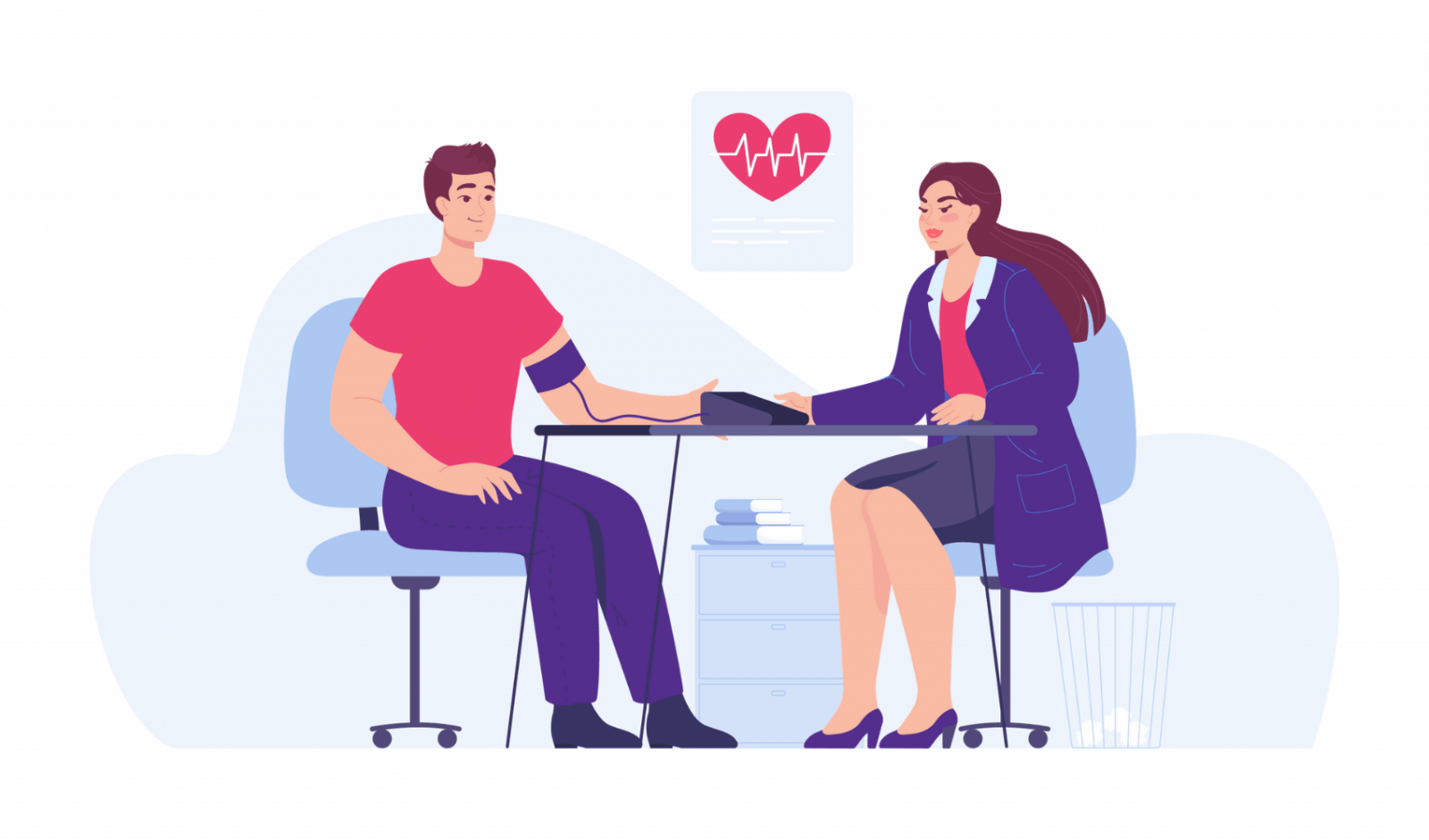
Final thought
If you are looking for a trusted blockchain development company in Vietnam providing blockchain for healthcare, VNEXT Global is the ideal choice. With 14+ years of experience, we surely can help you to optimize your business digitalization within a small budget and short time. Currently, we have 400+ IT consultants and developers in Mobile App, Web App, System, Blockchain Development and Testing Services. We have provided solutions to 600+ projects in several industries for clients worldwide. We are willing to become a companion on your way to success. Please tell us when is convenient for you to have an online meeting to discuss this further. Have a nice day!

